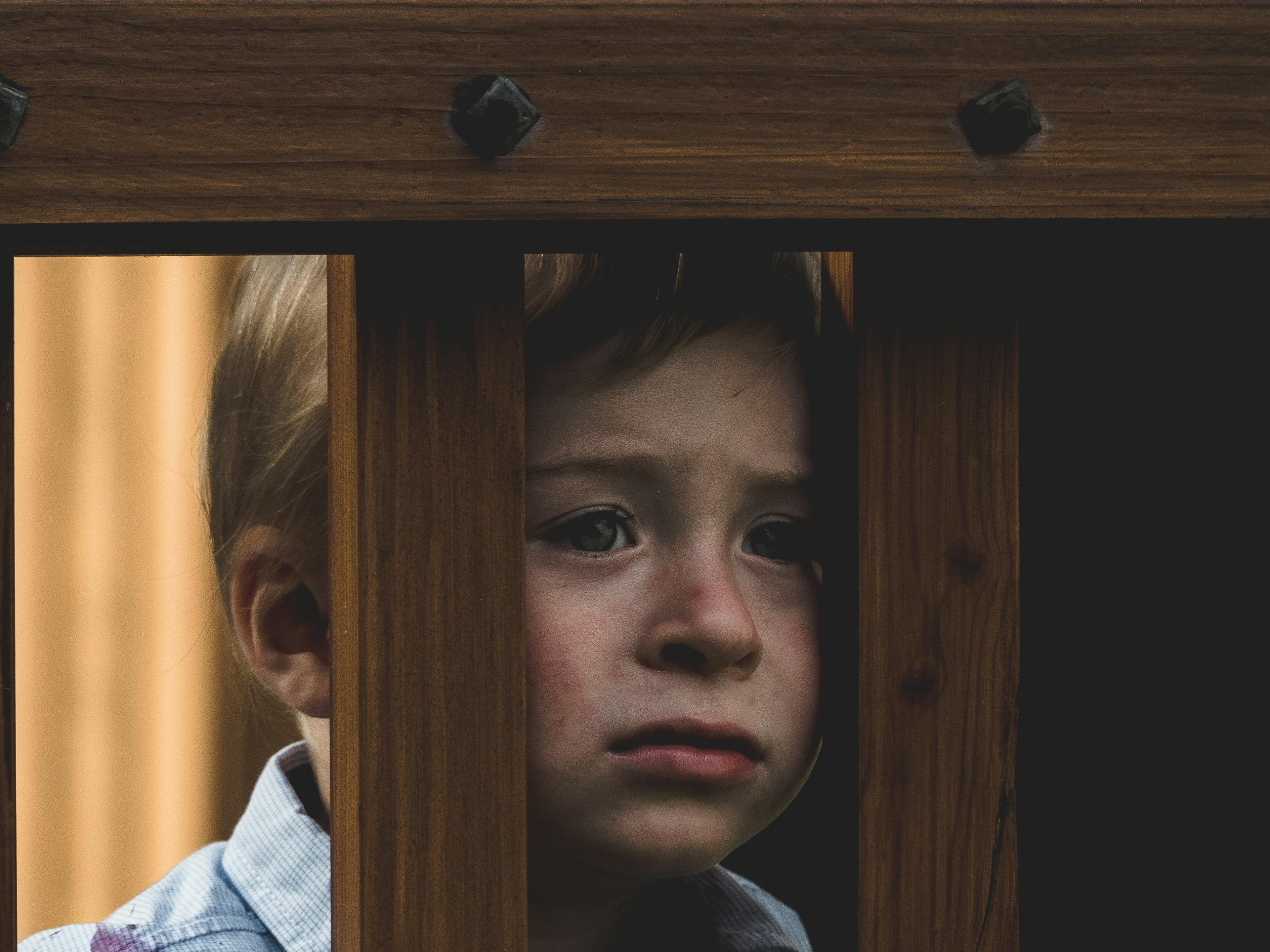Unresolved Conflicts: Using Children as Weapons



The Impact of Parental Conflicts and Manipulation on a Child's Mental Health

Parental conflicts and manipulation can have a profound and lasting impact on a child's mental health. The consequences of these conflicts can manifest in various ways, including anxiety, depression, low self-esteem, and a pervasive fear of abandonment. These wounds often run deep and can persist well into adulthood, affecting the child's future relationships and overall well-being.
In an episode of "The CastAscendancy Podcast," the host, Profit, delves into the hidden motives and tactics that parents may employ during separation or divorce, using their children as pawns in a game of emotional chess. Unresolved conflicts, power struggles, revenge, and insecurity are some of the underlying causes that drive parents to manipulate their children.
One of the most damaging forms of manipulation is when a parent speaks negatively about the other parent, questions the child about their experiences with the other parent, or discourages them from spending time with them. Constant criticism and belittlement of the other parent in front of the child can also have detrimental effects on the child's well-being. Inappropriate confidences, where the child is exposed to information about the other parent's conflicts, financial issues, or legal matters, can further exacerbate the child's distress.

Manipulative behavior is another tactic used by parents, where they manipulate the child into taking their side in disagreements or conflicts. This can involve guilt, emotional manipulation, or even bribery, which can have long-lasting negative effects on the child's understanding of healthy relationships and boundaries.
Interference with contact is another form of manipulation, where a parent actively blocks visitation, ignores court-ordered custody arrangements, or makes it difficult for the child to maintain a relationship with the other parent. This can lead to emotional distress in the child, resulting in increased anxiety, depression, withdrawal, or acting out.
Loyalty tests are particularly damaging, as parents explicitly or implicitly test the child's loyalty by asking them to choose sides in conflicts or keep secrets from the other parent. This places an immense burden on the child, forcing them to navigate adult issues and potentially damaging their relationship with both parents.
Inconsistent or unpredictable behavior from the manipulating parent can also make it difficult for the child to know how to respond or behave around them, leading to confusion and emotional instability. Additionally, legal or custody violations, where a parent disregards court orders or agreements related to custody and visitation rights, can further harm the child's well-being and their relationship with both parents.
Recognizing these signs of parental conflicts and manipulation is crucial in addressing the negative impact on a child's mental health. Effective communication, conflict resolution techniques, and prioritizing the child's best interests are essential in navigating these stormy waters.
Providing a stable environment for the child is paramount. Parents should strive to stay calm and composed when interacting with the other parent, avoiding getting caught up in emotional conflicts. Being a role model for the child by demonstrating resilience and maintaining open communication can go a long way in helping the child navigate these challenges.
Following court orders and seeking mediation can help resolve conflicts and ensure the child's well-being is prioritized. Empowering the child and maintaining consistency in their lives can provide a sense of security and stability. Shielding the child from adult issues and conflicts is crucial, allowing them to focus on their own growth and development.
It is also important for parents to take care of their own emotional and physical well-being. Self-care is essential in maintaining a positive and supportive environment for the child.
The impact of parental conflicts and manipulation on a child's mental health is a harsh reality that should not be taken lightly. It is commendable when parents can rise above their differences and prioritize the well-being of their children. By being better humans and doing it for the kids, parents can create a healthier environment for their children to thrive.
In conclusion, the impact of parental conflicts and manipulation on a child's mental health is significant and enduring. It is crucial for parents to recognize the signs, address the underlying issues, and prioritize the child's well-being. Effective communication, conflict resolution, and maintaining a positive relationship with both parents are key in navigating these challenges. By providing a stable environment, shielding the child from adult issues, and taking care of their own well-being, parents can help their children overcome the lasting imprint of these conflicts and live their best lives.


